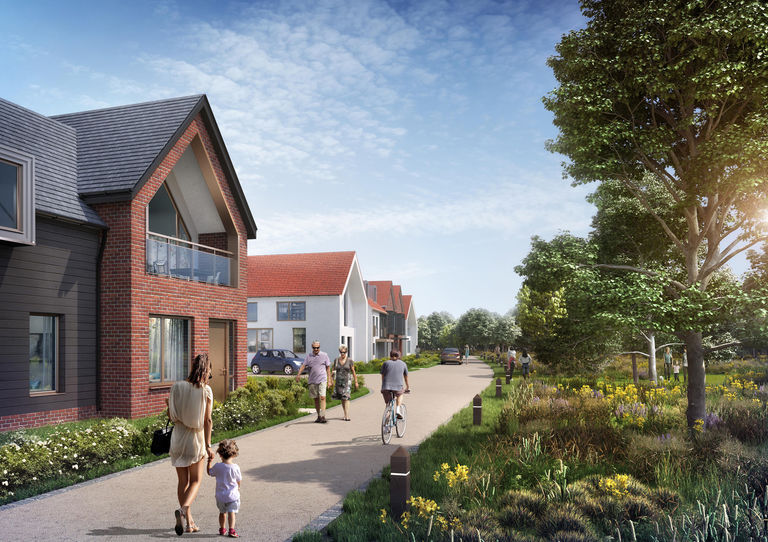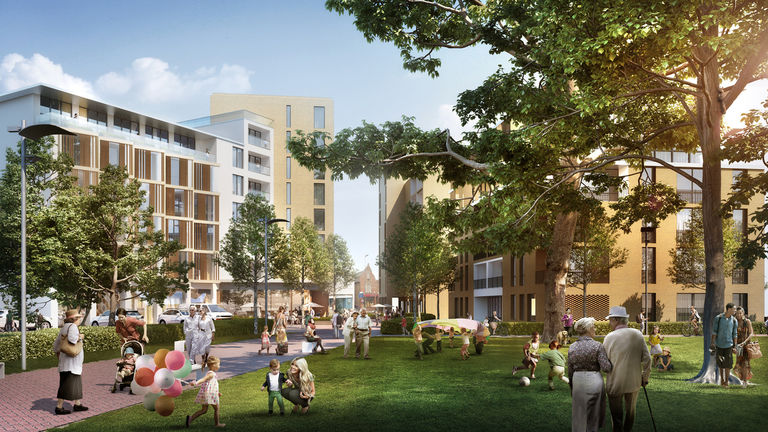From John Major’s ‘Back to Basics’ to Harold MacMillan’s ‘Never Had it so Good’, these carefully crafted sound bites can either set the tone for a generation or become the stuff of political nightmares. The latest Government buzzword which has become the go-to prefix in the on-going challenge to deliver on its housing promises is the humble ‘garden’.
By any measure, the Government’s garden city initiative has thus far not delivered everything that it would have hoped. Two years after being propelled into the vanguard of the Government’s crusade to drive a new era of housebuilding, just a fraction of the promised new homes have been delivered in Ebbsfleet, the first new garden city of the 21st century.
Undeterred, we have now seen proposals announced for a 45,000 home garden city in the heart of the Black Country in the West Midlands. The project aims to encourage the development of 550 potential sites across Wolverhampton, West Bromwich, Halesowen, Wednesfield and Walsall to create a single homogenous development that will help transform the identity of the region.

